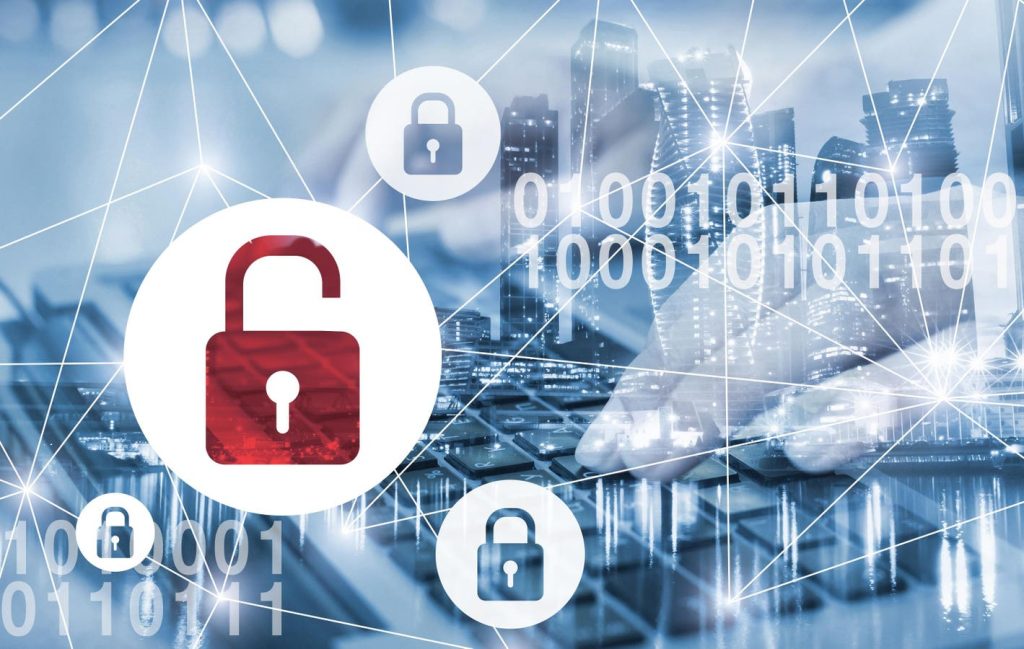A massive data breach involving the theft of personal information including Social Security numbers, addresses, and more has recently come to light, impacting individuals in the USA, Canada, and the UK. The breach is alleged to have occurred at National Public Data (NPD), a company based in Florida that provides background checks and other services. NPD has not provided a detailed explanation of how the breach occurred but has acknowledged the incident on its website. Congress members have called for a briefing from the company to assess the potential impacts of the breach.
The breach was first reported by Hackmanac, a cybersecurity company, on April 8, 2024, claiming that 2.9 billion records had been stolen and put up for sale. The stolen data reportedly spans from 2019 to 2024, including comprehensive personal information such as names, Social Security numbers, addresses, and more. The breach has attracted the attention of several individuals and organizations, leading to at least 12 class-action lawsuits being filed against NPD, with more expected to follow.
The theft of personal information poses a significant risk of identity theft, with Social Security numbers being a primary target for bad actors. It is crucial for individuals to be cautious about sharing their Social Security numbers and to inquire about why the information is needed and how it will be used before disclosing it. With the rise in identity theft cases, individuals should take proactive measures to protect their information, such as creating online accounts with relevant agencies, monitoring their accounts for unauthorized transactions, and utilizing multi-factor authentication.
In response to the breach, the Social Security Administration has issued guidance on how individuals can protect their personal information. This includes creating online accounts, adding security blocks to prevent unauthorized access, and freezing credit reports to prevent new accounts from being opened fraudulently. It is also recommended to file reports with the Federal Trade Commission and the IRS if identity theft is suspected. Regularly changing passwords, using unique passwords for each account, and monitoring bank statements for any unusual activity are additional steps that individuals can take to safeguard their information.
The breach at NPD has raised concerns about the security of personal data managed by private companies and the potential risks of identity theft. The involvement of Congress members and the filing of lawsuits indicate the seriousness of the situation and the need for accountability from companies handling sensitive information. As the investigation into the breach continues, individuals are advised to remain vigilant about their personal information and take proactive steps to protect themselves from potential identity theft. By following the recommended guidelines and staying informed about developments in the case, individuals can minimize the risks associated with data breaches and safeguard their personal information.













